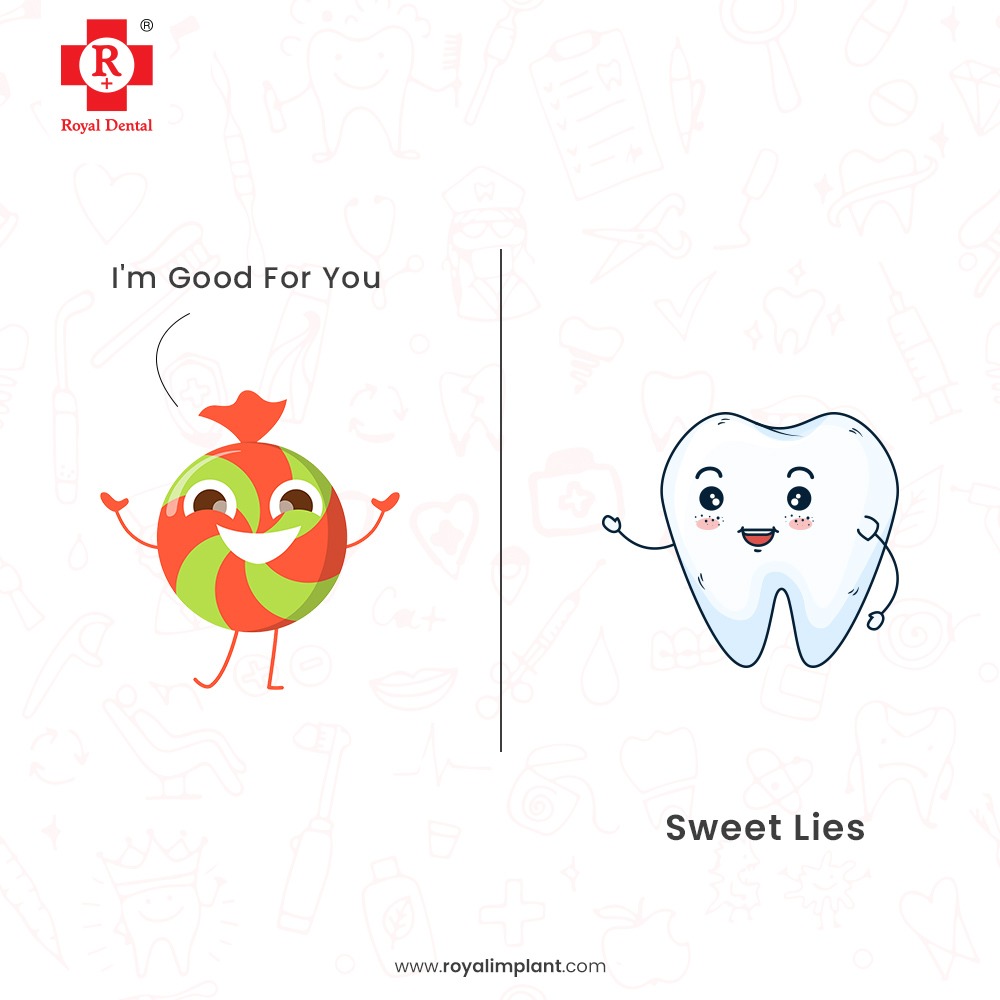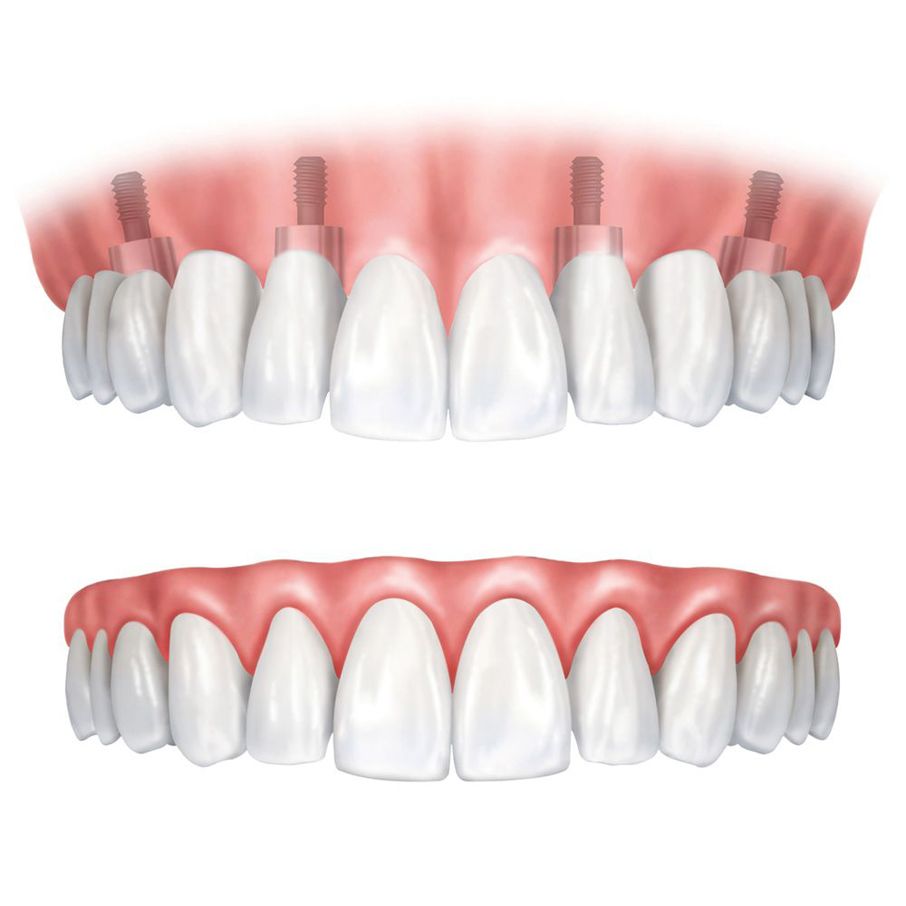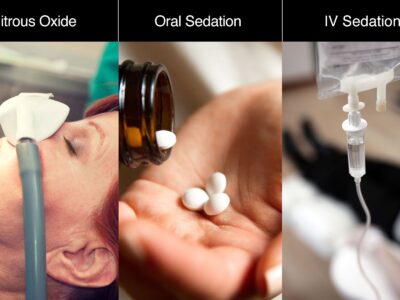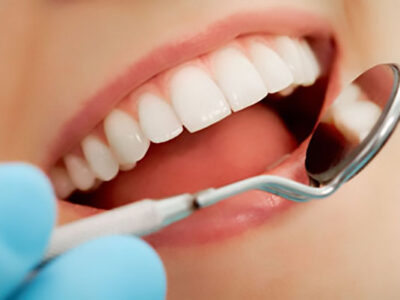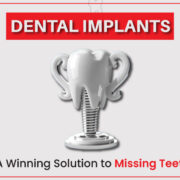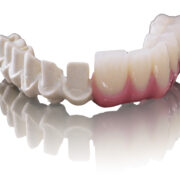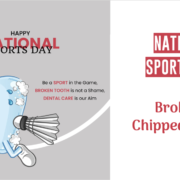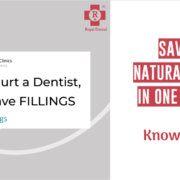Savoring your favorite sweet treats should be a delightful experience, but for some individuals, it can be accompanied by tooth discomfort or pain. This phenomenon, known as tooth sensitivity to sweets, can range from mild twinges to sharp, shooting pain.
The solution is actually hidden beneath those gorgeous whites of yours. Tooth decay, enamel erosion, or even gum recession can all contribute to tooth sensitivity to sugary treats. Understanding the underlying causes of this sensitivity is crucial for effective management and relief. But do not worry! Finding relief from your tooth pain begins with identifying its underlying cause. In this article, we’ll go more deeply into why some people experience tooth pain when consuming sweets.
What is Tooth Sensitivity?
Dentin hypersensitivity, another name for tooth sensitivity, is the result of the outer layer of enamel on teeth wearing away or being weakened, exposing the dentin underneath. The pulp, the tooth’s nerve center, is reached directly through the minuscule tubules that make up dentin. External stimuli can readily reach the nerves when these tubules are exposed, leading to sensitivity or pain.
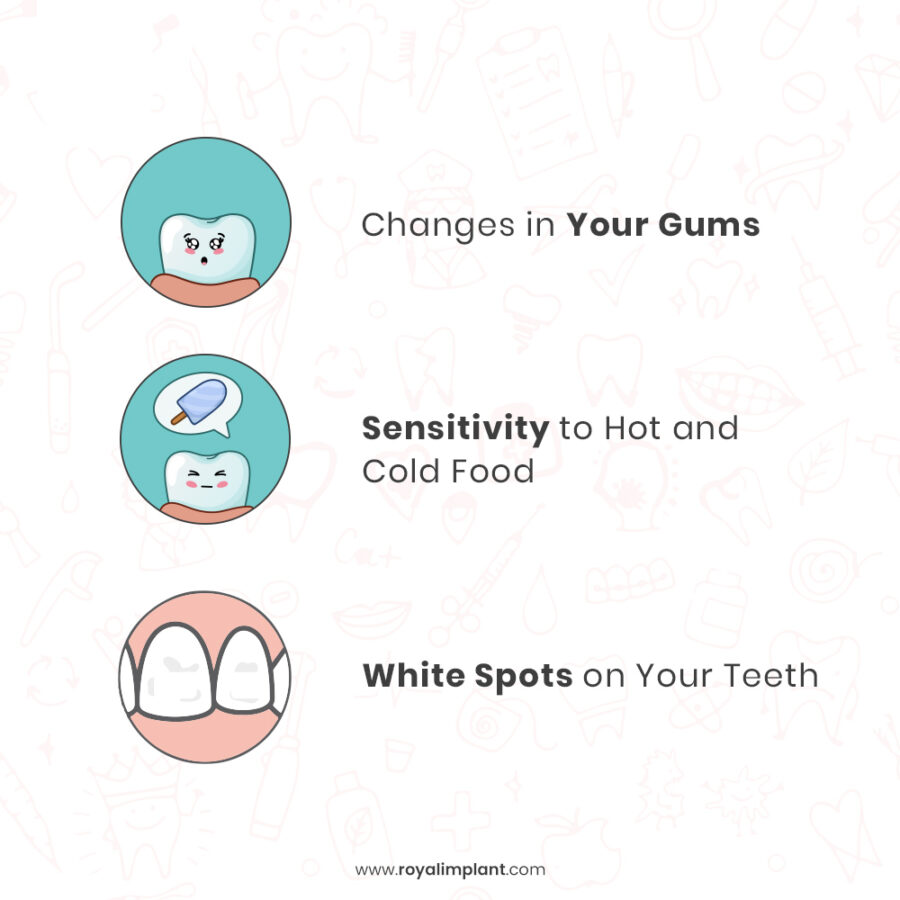
Prevalence in the Population
Tooth sensitivity is not the same in all age groups and populations. Although adult reports of it are more common, children and teenagers can also be affected. Tooth sensitivity can be more common due to a number of causes, including gum recession, tooth grinding (bruxism), poor dental hygiene, and diets high in sugar or acid.
The Role of Enamel and Dentin
The tooth’s enamel is its strong, outer coating that keeps damage and decay at bay. The dentin beneath becomes visible when enamel is worn down by things like acidic foods, vigorous brushing, or teeth grinding. Dentin, in contrast to enamel, has nerve endings that, when stimulated, can convey feelings of pain or discomfort.
The Importance of Maintaining Oral Health
Tooth sensitivity can be prevented and managed by adhering to proper oral hygiene habits, which include frequent brushing, flossing, and dental exams. Enamel erosion and gum recession are two conditions that can lead to sensitivity; they can be reduced by maintaining healthy teeth and gums. Furthermore, maintaining enamel and guarding against dental sensitivity can be achieved with a balanced diet low in sugary and acidic meals.
The Science Behind Sweet Tooth Pain
Examining the complex science of tooth decay and its relationship to sugar intake is necessary to comprehend why your teeth hurt when you eat sweets.
Tooth Decay and Its Link to Sweet Consumption
Dental caries, another name for tooth decay, is a slow process that starts when the enamel on teeth is eroded by acids created by oral bacteria. The bacteria in your mouth feed on the sugars in sugary foods and drinks, like pastries, sodas, and candies, and as a result, acids are produced. The enamel is then attacked by these acids, which degrade its structure and cause deterioration over time.
Sugar-Bacteria Interaction and Acid Production
The way that carbohydrates and oral bacteria interact is a key factor in how tooth decay develops. Sugars provide a food supply for Streptococcus mutans and other oral bacteria, which use them to grow and release acidic byproducts. These acids, which are mostly lactic acid, cause the mouth’s pH to drop, eroding enamel and encouraging the growth of dangerous germs.
Enamel Erosion and Dentin Exposure
Little holes, or cavities, start to appear on the surface of the teeth when enamel is progressively worn down by acidic attacks. If the cavities are not filled, they may eventually spread to the tooth’s deeper layers and the weaker dentin beneath. Because dentin has tiny tubules that connect directly to the tooth’s nerve center, it is more responsive to outside stimuli like temperature fluctuations and sugary foods.
Leading to Sensitivity and Pain
When dentin is exposed as a result of enamel erosion, the tooth’s nerves become more sensitive and painful, especially when they come into contact with things that are hot, cold, or sweet. Acidic erosion and exposed dentin combine to produce a perfect storm for tooth sensitivity, making it difficult to enjoy sweets without feeling pain or discomfort.
Factors Contributing to Sweet Tooth Pain
Dietary Habits as a Major Factor
Dietary practices are a major factor in dental sensitivity and discomfort, especially in relation to the intake of sugary foods and drinks. Due to the increased exposure to sugars and acids, those who regularly consume sweets like candy, desserts, and sugary drinks are more likely to develop dental sensitivity. These eating patterns have the potential to erode dental enamel over time, exposing dentin and increasing sensitivity to sweets.
Impact of Acidic Foods and Drinks
Acidic meals and beverages, in addition to sugary pleasures, can worsen tooth sensitivity and pain. Acidic meals and drinks, such as vinegar-based sauces, carbonated drinks, and citrus fruits, can undermine the enamel of teeth and increase their sensitivity to pain, especially when they are in close proximity to sweet foods. Reducing the amount of acidic foods and beverages consumed can help protect tooth enamel and lower the chance of tooth sensitivity.
Genetic Predispositions and Underlying Dental Conditions
Tooth sensitivity and pain can also be caused by underlying dental problems and genetic predispositions. Some people may be particularly sensitive to sugar when eating sweets because they are genetically predisposed to tooth decay or enamel flaws. Furthermore, even in the absence of important dietary determinants, underlying dental conditions such as gum recession, tooth infections, or bruxism (teeth grinding) might raise the risk of developing tooth sensitivity.
Tips for Managing Sweet Tooth Pain
Dental Hygiene Practices
- Use a soft-bristled toothbrush and gentle brushing techniques to avoid further enamel erosion.
- Floss daily to remove food particles and plaque buildup between teeth and along the gum line.
- Consider using a fluoride mouthwash to strengthen enamel and reduce sensitivity.
Dietary Modifications
- Limit consumption of sugary foods and beverages, especially those with high acidity.
- Opt for sugar-free or low-sugar alternatives to satisfy cravings without exacerbating tooth sensitivity.
- Incorporate more fresh fruits, vegetables, and dairy products into your diet for essential nutrients that support dental health.
Desensitizing toothpaste and professional treatments
- Try using desensitizing toothpaste containing ingredients like potassium nitrate or fluoride to alleviate sensitivity over time.
- Consult with Dr. Chirag Chamria for professional treatments such as dental sealants, bonding, or fluoride applications to provide long-lasting relief from sweet tooth pain.
When to Seek Professional Help
It’s critical to understand when to seek professional dental care in order to relieve tooth sensitivity and prevent subsequent issues.
Warning Signs
- Persistent or severe tooth pain when consuming sweets or other triggers.
- Sharp, sudden pain that lingers even after removing the stimulus.
- Swelling or inflammation around the affected tooth or gum area.
- Noticeable changes in tooth color or texture.
The Importance of Regular Dental Check-ups
- Conduct thorough examinations to identify any signs of tooth sensitivity or other dental issues.
- Provide professional cleaning to remove plaque buildup and prevent further sensitivity.
- Offer personalized advice on oral hygiene practices and lifestyle habits to minimize tooth sensitivity.
Conclusion
Maintaining dental health requires knowing why eating sweets causes pain in your teeth. To manage dental sensitivity, keep in mind that early detection and intervention are essential. Dr. Chirag Chamria stresses the value of routine dental examinations for early detection and individualized treatment. Don’t disregard warning indications or myths regarding dental care and tooth sensitivity. Seek quick expert assistance to ensure an appropriate diagnosis and treatment. Proactively managing dental pain and obtaining expert care can help you have a brighter, more confident smile.
All rights reserved by Royal Dental Implants Pvt Ltd., issued in public interest

